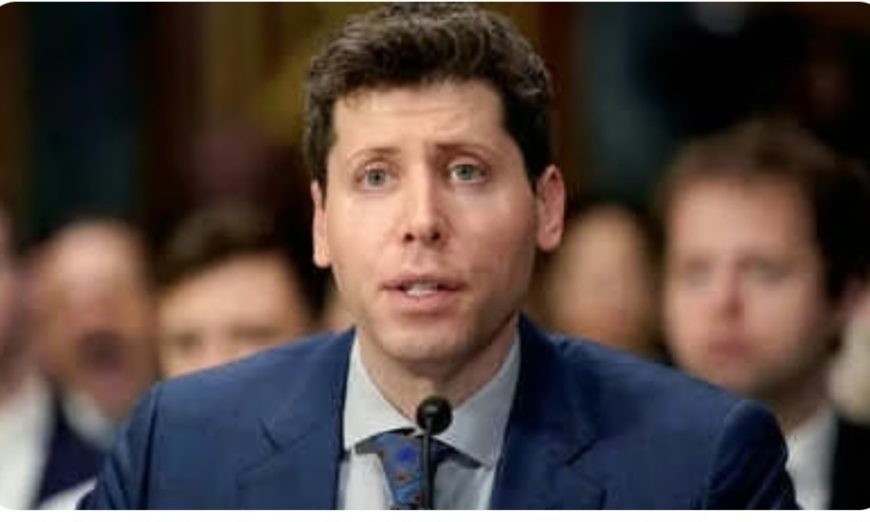Ever since AI has taken over the internet, millions of people, including children, have turned to AI chatbots like ChatGPT for therapy and emotional support.
Now, OpenAI CEO Sam Altman has warned that the tech industry is yet to figure out how to keep user data confidential when it comes to sensitive conversations.
In a recent episode of This Past Weekend, a podcast hosted by Theo Von on YouTube, when Altman was asked a question about how AI works with the current legal system, he said that since there is currently no legal or policy framework for the technology, users should not expect any legal confidentiality for their conversations with ChatGPT.
“People talk about the most personal sh*t in their lives to ChatGPT. People use it – young people, especially, use it – as a therapist, a life coach; having these relationship problems and [asking] what should I do?
And right now, if you talk to a therapist or a lawyer or a doctor about those problems, there’s legal privilege for it. There’s doctor-patient confidentiality, there’s legal confidentiality, whatever. And we haven’t figured that out yet for when you talk to ChatGPT.”
Altman went on to say that the concept of confidentiality and privacy for conversations with AI should be addressed urgently. “So if you go talk to ChatGPT about your most sensitive stuff and then there’s like a lawsuit or whatever, we could be required to produce that, and I think that’s very screwed up,” he added.
This means that none of your conversations with ChatGPT about mental health, emotional advice, or companionship are private and can be produced in court or shared with others in case of a lawsuit.
Unlike end-to-end encrypted apps like WhatsApp or Signal, which prevent third parties from reading or accessing your chats, OpenAI can read every conversation between users and ChatGPT. This data can then be used by company employees to optimise the AI model and monitor your chats for misuse.
While OpenAI does say that it deletes chats on the free ChatGPT tier within 30 days, sometimes it stores them for legal and security reasons. Adding to privacy concerns, OpenAI is currently in the middle of a lawsuit with The New York Times, which requires the company to save user conversations with millions of ChatGPT users, excluding enterprise

